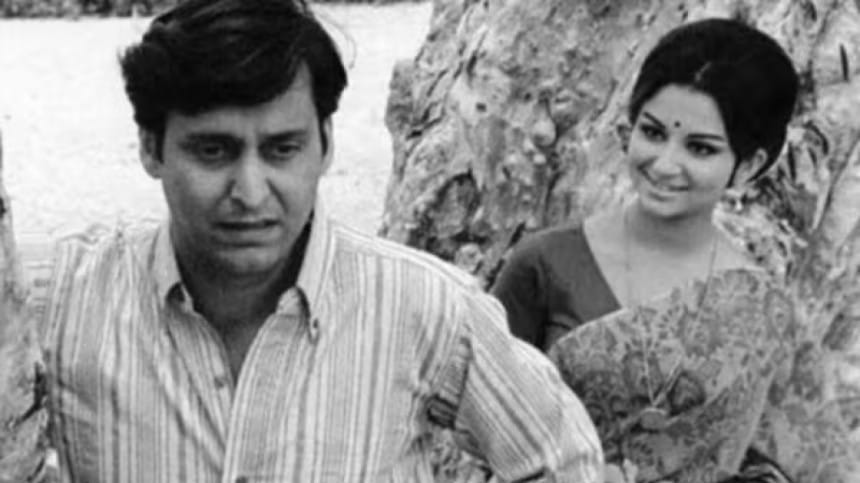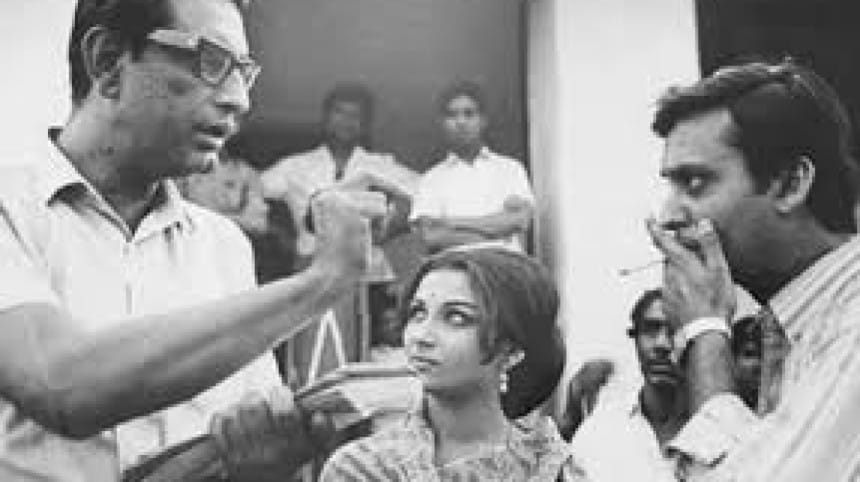‘Aranyer Din Ratri’ returns to Cannes, Wes Anderson leads restoration with Sharmila and Simi in attendance

Satyajit Ray's "Aranyer Din Ratri", long hailed as one of the master's cinematic gems, returned to the international spotlight at the 78th Cannes Film Festival with a 4K restored version, thanks to director Wes Anderson's tireless devotion to Ray's legacy.

The Bengali classic, known internationally as "Days and Nights in the Forest", was screened under the Cannes Classics section—an honour reserved for timeless works meticulously preserved. This restoration, spearheaded by The Film Foundation's World Cinema Project, was completed in collaboration with L'Immagine Ritrovata, the Film Heritage Foundation (FHF), Janus Films, and the Criterion Collection, with funding from the Golden Globe Foundation.

Wes Anderson, a self-professed Ray devotee, introduced the screening. In his words to Variety, "Anything signed by Satyajit Ray must be cherished and preserved; but the nearly-forgotten 'Days and Nights in the Forest' is a special/particular gem... From the master, another masterpiece."
The red carpet welcomed two of the film's leading ladies—veteran actors Sharmila Tagore and Simi Garewal—who reunited in Cannes to mark the occasion. Sharmila, accompanied by her daughter and jewellery designer Saba Ali Khan, wore a rich green saree. Saba stood out in a vibrant yellow ethnic ensemble. Simi, known for her enduring affinity for white, arrived in an elegant white gown designed by Indian couture house Karleo.

First released in 1970, "Aranyer Din Ratri" explores themes of alienation, social class, and the complexities of modern urban identity. Adapted from Sunil Gangopadhyay's novel, the film follows four educated men from the city who head to the forests of Palamau (present-day Jharkhand) for a weekend retreat. What begins as a carefree holiday evolves into an introspective journey, marked by encounters with women who challenge their assumptions and expose their vulnerabilities.
Ray's layered narrative, touching on the tensions between urban and rural life, caste dynamics, and gender politics, still resonates today. "A clash/negotiation between castes and sexes. Urbans and rurals. Selfish men and their hopes and cruelties and spectacular lack of wisdom. Women who see through them," said Anderson, summing up the film's enduring brilliance.

Sharmila Tagore's portrayal of Aparna, a poised and intellectually engaging city woman, remains one of her most celebrated performances. Simi Garewal's role as Duli, a tribal Santhal girl, added a contrasting layer of innocence and quiet rebellion to the narrative. The cast also included Soumitra Chatterjee, Subhendu Chatterjee, Samit Bhanja, Robi Ghosh, and Aparna Sen.

 For all latest news, follow The Daily Star's Google News channel.
For all latest news, follow The Daily Star's Google News channel. 









Comments